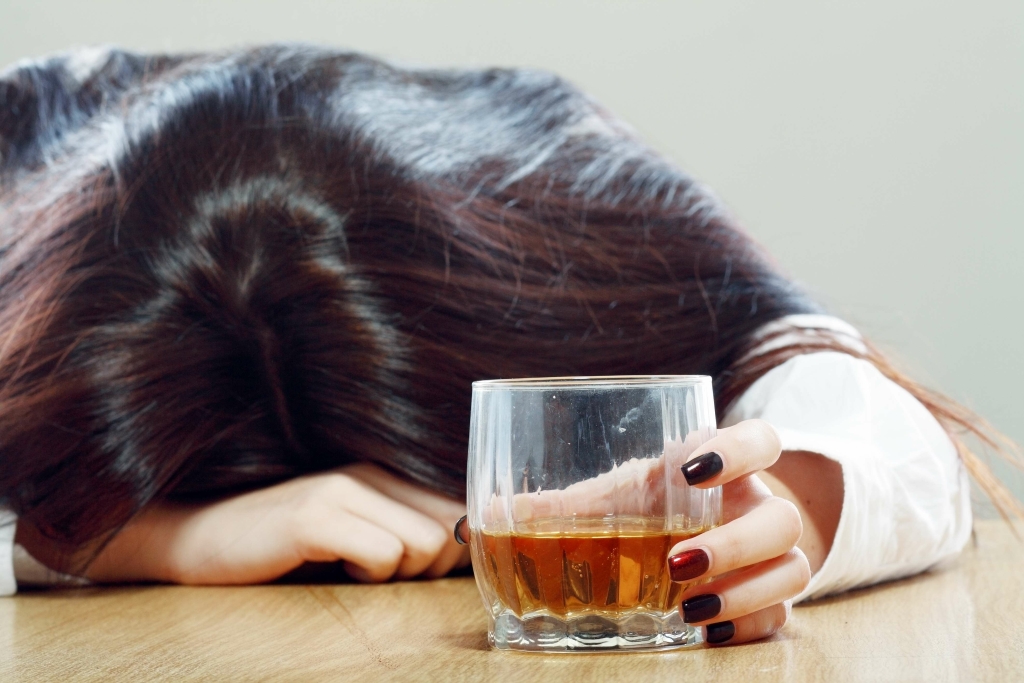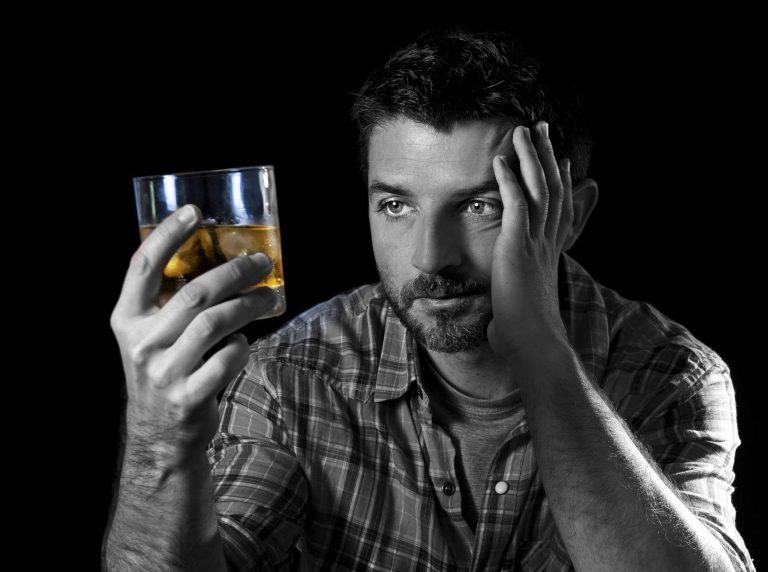11 ways to curb your drinking

For serious alcohol use disorder, you may need a stay at a residential treatment facility. Most residential treatment programs include individual and group therapy, support groups, educational lectures, family involvement, and activity therapy. Alcohol cravings are composed of several thoughts, physical sensations, and/or emotions that increase the urge or desire to want to drink, even if a person does not want to drink. This can result in individuals experiencing an internal battle between wanting to and not wanting to give in to cravings, which can be stressful and upsetting. Once you’ve cut back on your drinking (so you’re at or below the recommended guidelines), examine your drinking habits regularly to see if you’re maintaining this level of drinking.
This is key to keeping cravings under control, especially when your body is used to using alcohol as a quick form of fuel. Over time, many people find their cravings easier to control and reduce in strength. Stress and tension can cause cravings and make a craving feel worse. Practicing mindfulness and relaxation techniques can help a person stay in the present and relax, which may reduce the craving. If a person repeats drinking patterns, it can cause the brain to shift control over the actions involved with drinking. Cravings for alcohol are a very common part of recovery from alcohol use disorder.
Art Therapy for Addiction
Counseling, medication, support from family and friends, changing your diet, taking supplements, and alternative treatments may all help lessen your alcohol cravings. Once you know your triggers, identify some strategies that can help you avoid them, and write those down as well. These might include not driving past your favorite how to stop alcohol cravings bar or wine shop, or taking a break from socializing with friends who drink often. For situations where a trigger is unavoidable, you might find a trusted friend you can call, or come up with an exit strategy ahead of time. What are you seeing, hearing, doing, thinking, or feeling that could have triggered the craving?


It’s a mental exercise that is easy to do anywhere and at anytime. Knowing that the craving is only temporary and will go away on its own can help you to get through it without reaching for a drink. Acknowledge this natural sensation and remind yourself that it will subside. We know that taking the first step can be difficult, but we’re here to support – with no pressure or judgement. Our trained advisors can discuss your concerns in complete confidence, explore options for treatment, and help you to understand what will work best for you.
How do I ignore alcohol cravings?
For some, they pass quickly, while for others, it takes a longer for them to resolve. Much of this is dependent on factors specific to the individual, such as how severe their alcohol use disorder was and how long it has been since they have engaged in drinking. Cravings are response patterns that can be induced by these and other triggers. Although sometimes cravings may appear to simply come out of nowhere, they are usually the result of a situation, feeling, or memory that one has about former alcohol use. Many patients don’t realize the toxicity of prolonged alcohol abuse and how it affects the body. Alcohol detox at the luxurious rehab addiction centers at Gratitude Lodge leeches your body of these toxins in preparation for successful treatment for drugs and alcohol abuse.
Combining medication with therapy and other interventions can prove even more helpful than medication alone. She notes that it can help to avoid your triggers as much as possible in early recovery, https://ecosoberhouse.com/article/can-you-moderate-your-drinking/ since triggers are often most intense when you first stop drinking. Taking time to explore the specific people, places, and situations that cue your urge to drink can make a big difference.
Oar Health Member Stories: Cutting Back on Alcohol
If you’re reluctant to turn to your loved ones because you’ve let them down before, consider going to couples counseling or family therapy. The symptoms listed above may be a sign of a severe form of alcohol withdrawal called delirium tremens, or DTs. This rare, emergency condition causes dangerous changes in the way your brain regulates your circulation and breathing, so it’s important to get to the hospital right away. In our CheckUpandChoices.com app, we ask people to keep track of the date, time, intensity (1-10), and duration.

Research has shown that continuing care is an important component of effective treatment for substance use disorders, especially for those individuals with severe cases. Medical experts now use the term “alcohol use disorder” rather than “alcohol abuse” to address the concern of excessive drinking. Handling the urges to drink will determine your ability to shed alcohol cravings.
- 1 برگزاری دوره مربیگری درجه سه ورزشهای روزانه به میزبانی زاهدان 4 روز پیش
- 2 افزایش ۵ درجهای دما در سیستان وبلوچستان در روزهای آینده 5 روز پیش
- 3 Mostbet-az 90 ⭐️ Qeydiyyatı 550 Manat Bonusla Yükləmə Androidə Apk 2 ماه پیش
- 4 Pin Up Casino Em Nosso País” 2 ماه پیش
-
5
Pinup 360 Ilə ən Daha şey Əldə Etməyin 15 Yolu Yoxdur 2 ماه پیش
- نظراتی که حاوی فحش و افترا به هیچ عنوان پذیرفته نمیشوند
- حتما با کیبورد فارسی اقدام به ارسال دیدگاه کنید فینگلیش به هیچ هنوان پذیرفته نمیشوند
- موارد درگیری با کاربران در پاسخ به نظرات دیگر کاربران پذیرفته نمیشود.